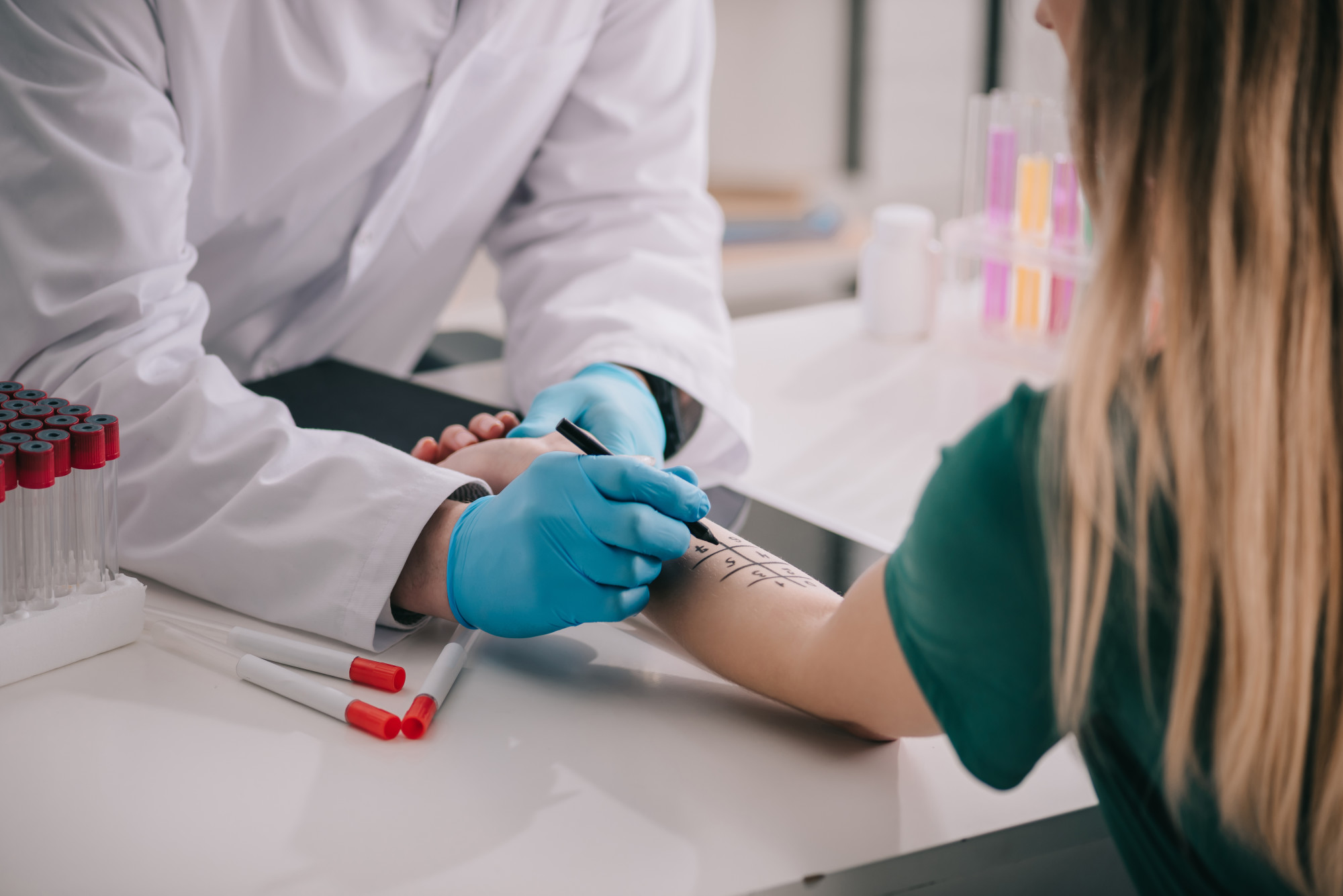Do you want to get an allergy test for your children?
Allergic conditions can develop at any age. Immune disorders often manifest during childhood as the immune system matures and becomes more active in fighting invading substances. Many cases of childhood allergies develop during this period.
So, should you do a kid allergy test? What are the benefits of these tests for your kids? What age should kids get an allergy test?
Find the answers to these questions and more in this article. Also, learn how to test for allergies and prevent conditions from interfering with your child’s life.
What Age Should Kids Get an Allergy Test?
The age at which a child should get an allergy test depends on several things, such as their medical history, symptoms, types of allergies, and what their doctor suggests. Testing for allergies can help find out which allergens may be causing allergic reactions in children.
Most of the time, allergy testing isn’t done on babies because their immune systems are still developing, and they may have temporary reactions that go away as they get older. But if a child has severe allergic reactions or has a strong reason to think they have allergies, allergy testing could be done even when the child is younger.
Most children are tested for allergies when they are older, usually when they are 4 or 5. Kids can better talk about their symptoms and help with the testing at this age. Skin prick and blood tests (called specific IgE tests) are commonly used to test for allergies.
Preparing for an Allergy Test
Preparing for an allergy test in childhood involves several steps to ensure accurate results and make the child’s experience as comfortable as possible. Here are some guidelines to help you prepare:
Consult With a Healthcare Provider
Start by scheduling an appointment with a pediatrician or an allergist. They will evaluate your child’s symptoms and medical history and determine whether an allergy test is necessary.
Medication Adjustments
Before the test, your healthcare provider may advise you to temporarily stop taking certain medications that could interfere with the results. These may include antihistamines, as they can suppress allergic reactions. However, always follow your healthcare provider’s instructions regarding medication adjustments.
Test Explanation
Depending on your child’s age, explain the purpose of the test in a simple and age-appropriate manner. Let them know that the test will help identify substances that may be causing their allergies and that it can help their doctor develop a treatment plan.
Follow Pre-Test Instructions
Your healthcare provider will provide specific instructions to follow before the allergy test. These instructions include avoiding certain foods, lotions, or medications that could interfere with the test results. Make sure to follow these guidelines carefully.
Empower Your Child’s Health Journey With an Allergy Test
Ideally, kids should get an allergy test as early as three years old. Knowing allergies can help parents and doctors provide the best treatment and care for children with allergies.
Parents should talk to their doctor about getting their children tested to determine if allergies concern them. Start now and get the answers you need to help ensure your child’s health and well-being.
Did you find the information in this article useful? If so, make sure to check out our blog for more helpful resources.


Leave feedback about this